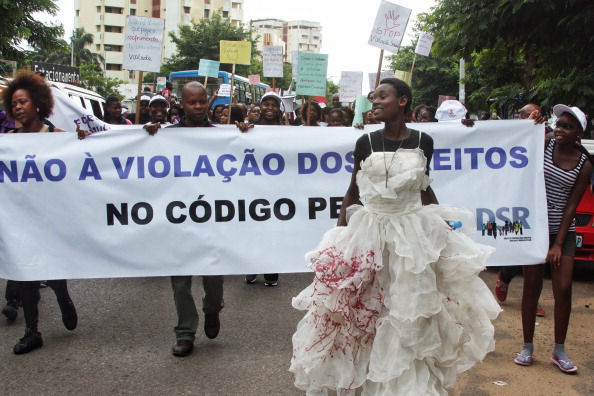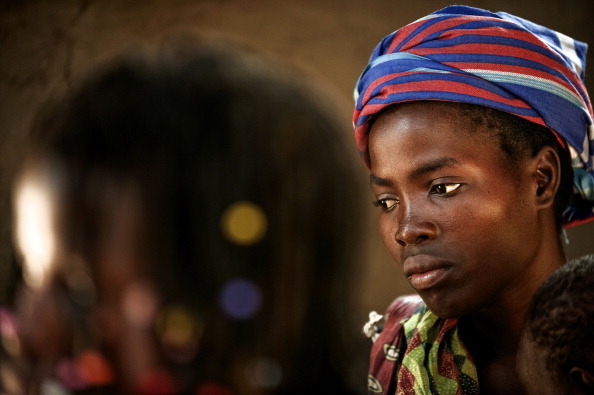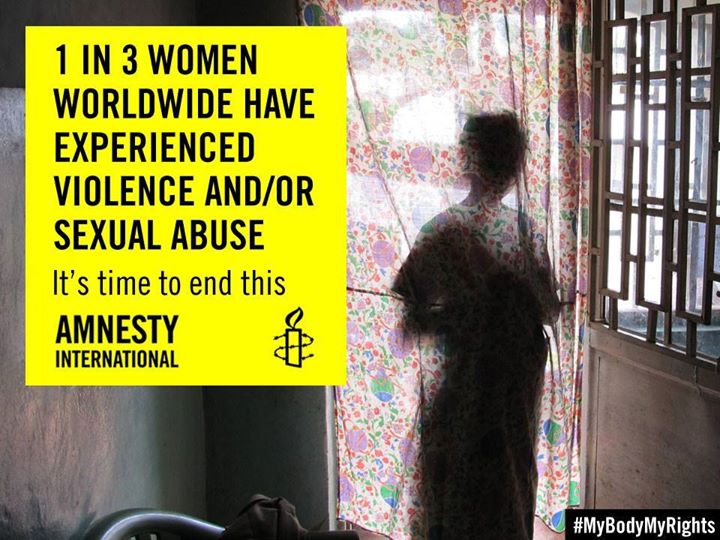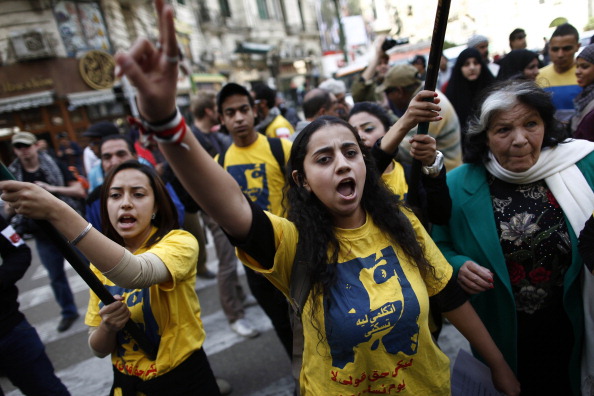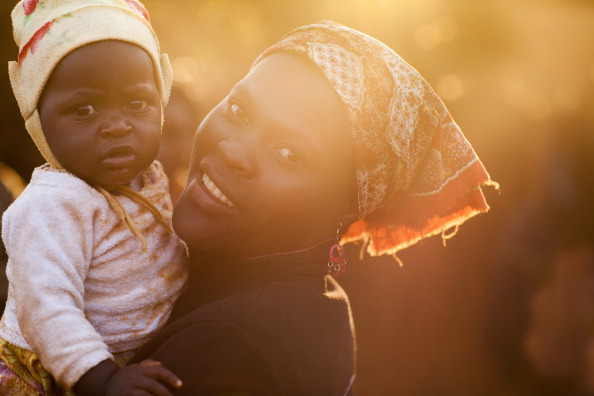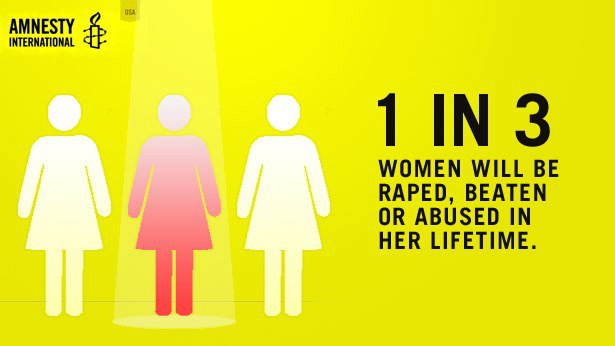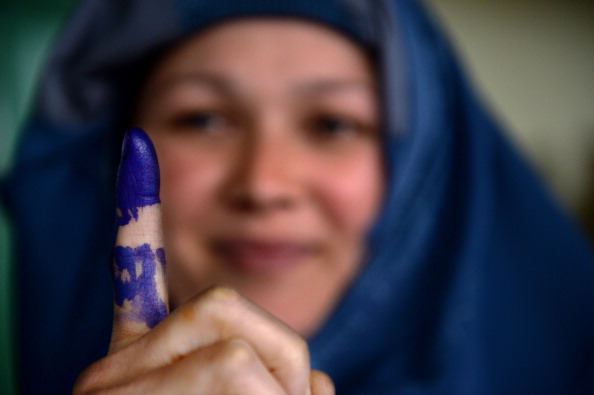
An Afghan voter shows her inked finger after she cast her ballot at a local polling station (Photo Credit: Shah Marai/AFP/Getty Images).
Earlier this month, voters in Afghanistan cast their ballots in what is arguably the most crucial election in the history of Afghanistan since the fall of the Taliban in 2001.The elections represent much more than the appointment of a president. For Afghanistan, which is nearing the end of a critical security transition, it signals the beginning of a new era.
The protection and promotion of human rights, especially those of women and girls, are critical to bringing security and stability to Afghanistan. Despite the challenging situation for women’s human rights in Afghanistan, women have worked hard to regain and advance their rights since the Taliban regime was ousted in late 2001.
